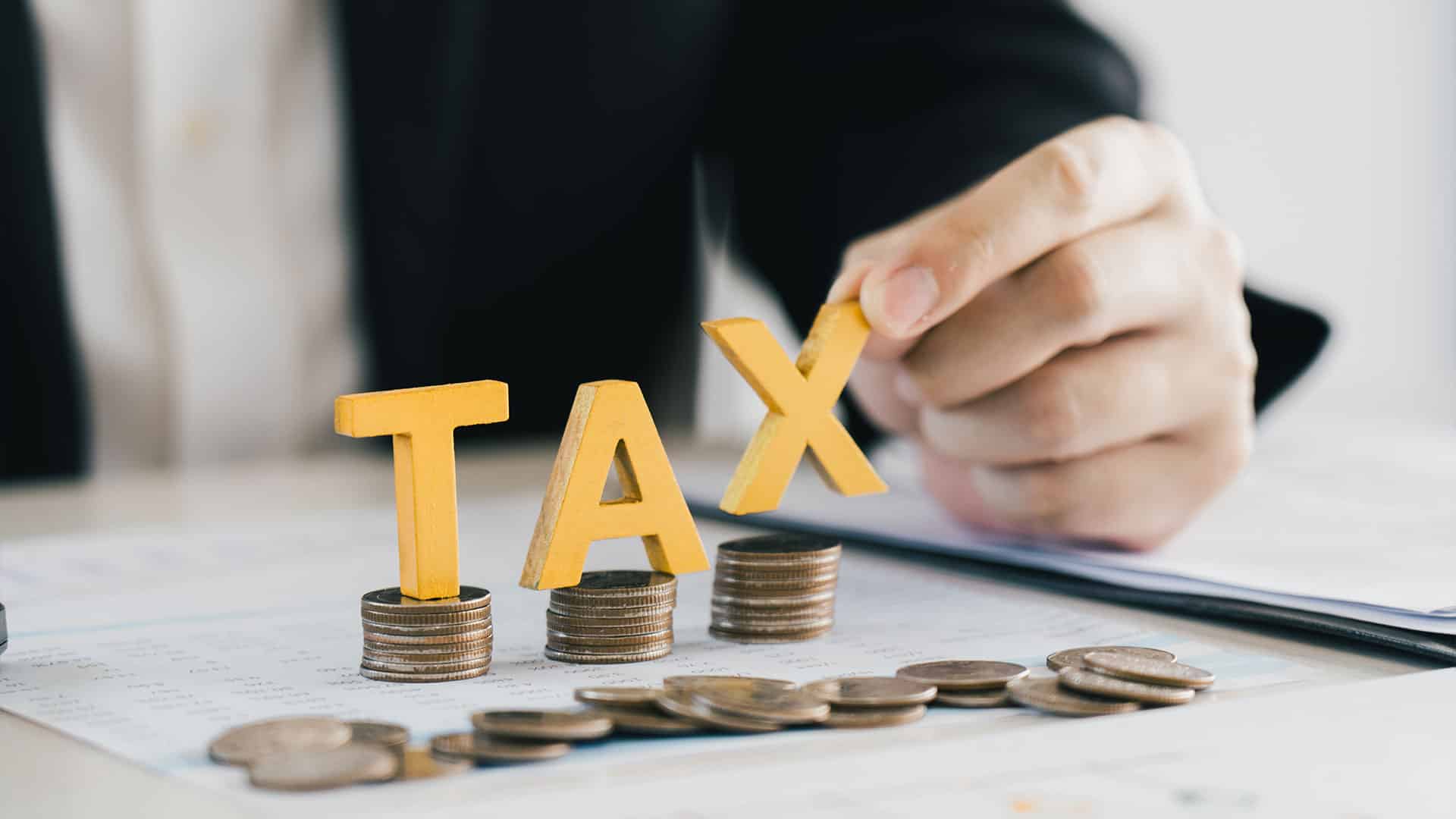The money you receive from equity release in Coventry is classed as a loan, not income. This means it is not subject to income tax.
Whether you take the funds all at once or release them gradually through drawdown, they will not be treated as earnings by HMRC.
That said, it’s still important to be aware of other tax-related considerations, especially if you’re planning to invest or give some of the money away.
Although the equity release itself is tax-free, how you manage those funds can lead to tax obligations later on.
How does equity release in Coventry work?
Equity release in Coventry is designed for homeowners aged 55 and over who want to access tax-free cash tied up in their home. It provides an opportunity to release money without the need to move house.
There are two main types of equity release products. The first, and most common, is a lifetime mortgage in Coventry, where you borrow money against the value of your home while continuing to live in it and retain ownership.
The second is known as a home reversion plan, where you sell a share of your property to a provider in return for a cash lump sum or regular payments, but stay in the home under agreed terms.
In most cases, the money borrowed through a lifetime mortgage in Coventry, along with any interest built up, is repaid from the sale of the property when you pass away or move into long-term care.
What can I use equity release funds for?
There’s a great deal of flexibility with how you use the money from equity release in Coventry. It’s your choice, and it depends entirely on what matters most to you at this stage in life.
Some people use the money to renovate their home, maybe to future-proof it with accessibility improvements or simply to enjoy a refreshed living space.
Others might want to pay off debts that have been hanging around, or even clear an existing mortgage to give themselves greater peace of mind.
Retirement income can sometimes fall short of what’s needed to live comfortably. Releasing equity could help bridge that gap and ease financial pressures. It’s also common for homeowners to help children or grandchildren, especially with getting onto the property ladder.
Of course, it doesn’t always have to be practical. Some homeowners use the money to enjoy retirement, from taking that dream holiday to pursuing hobbies they never had time for before.
Because the funds are tax-free and entirely under your control, it’s worth giving careful thought to how you plan to use them, ensuring the decision supports your long-term wellbeing.
Date Last Edited: June 2, 2025














